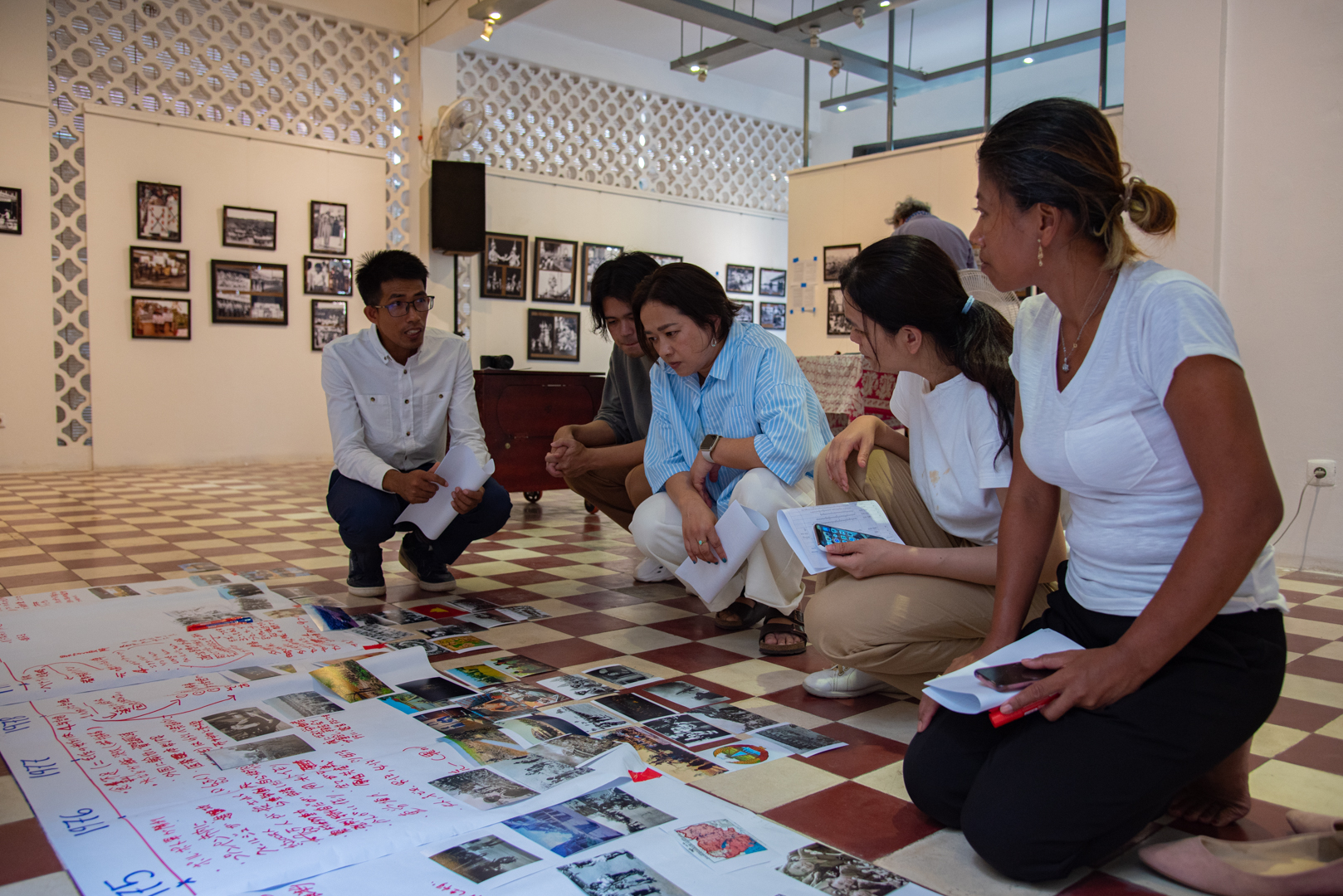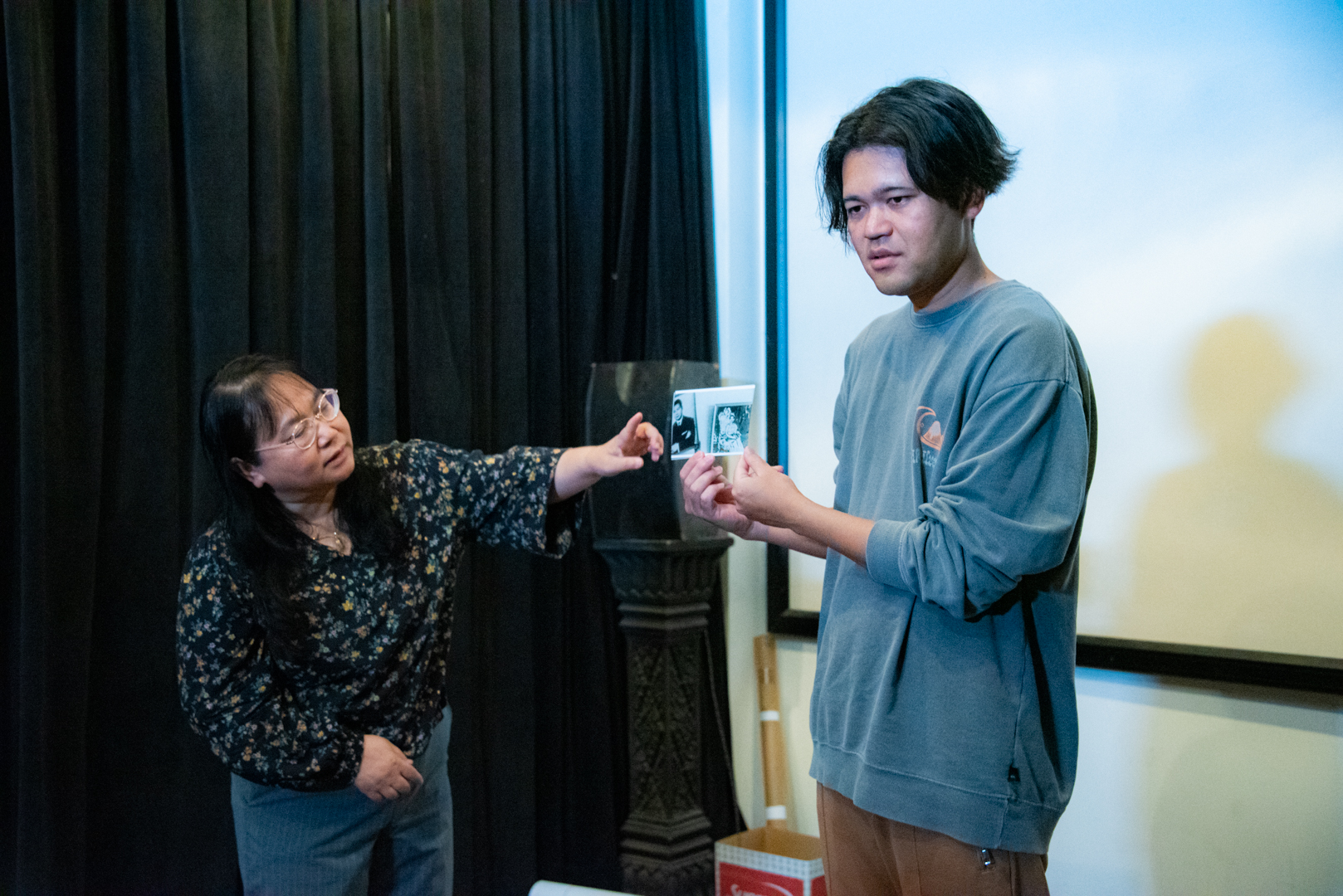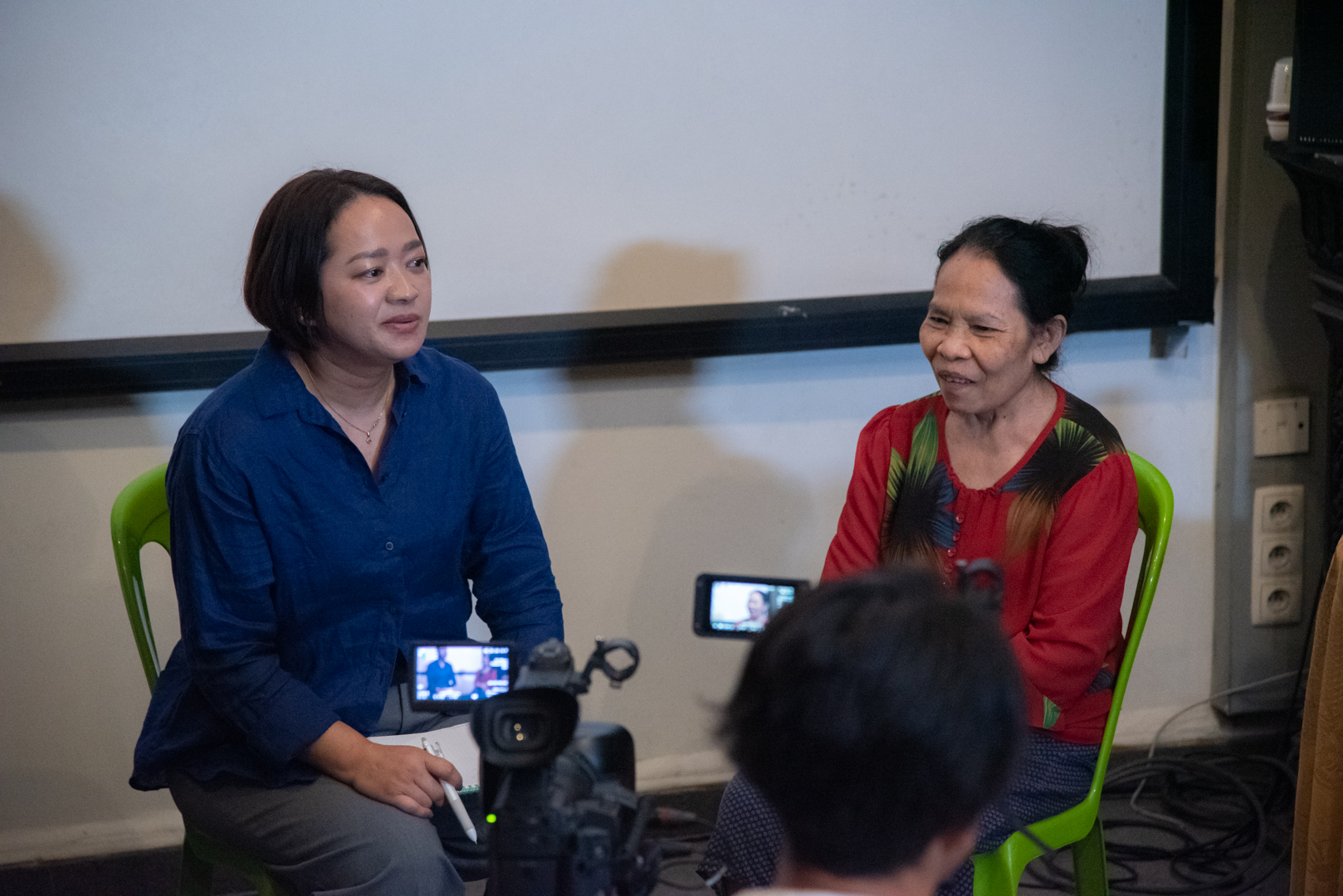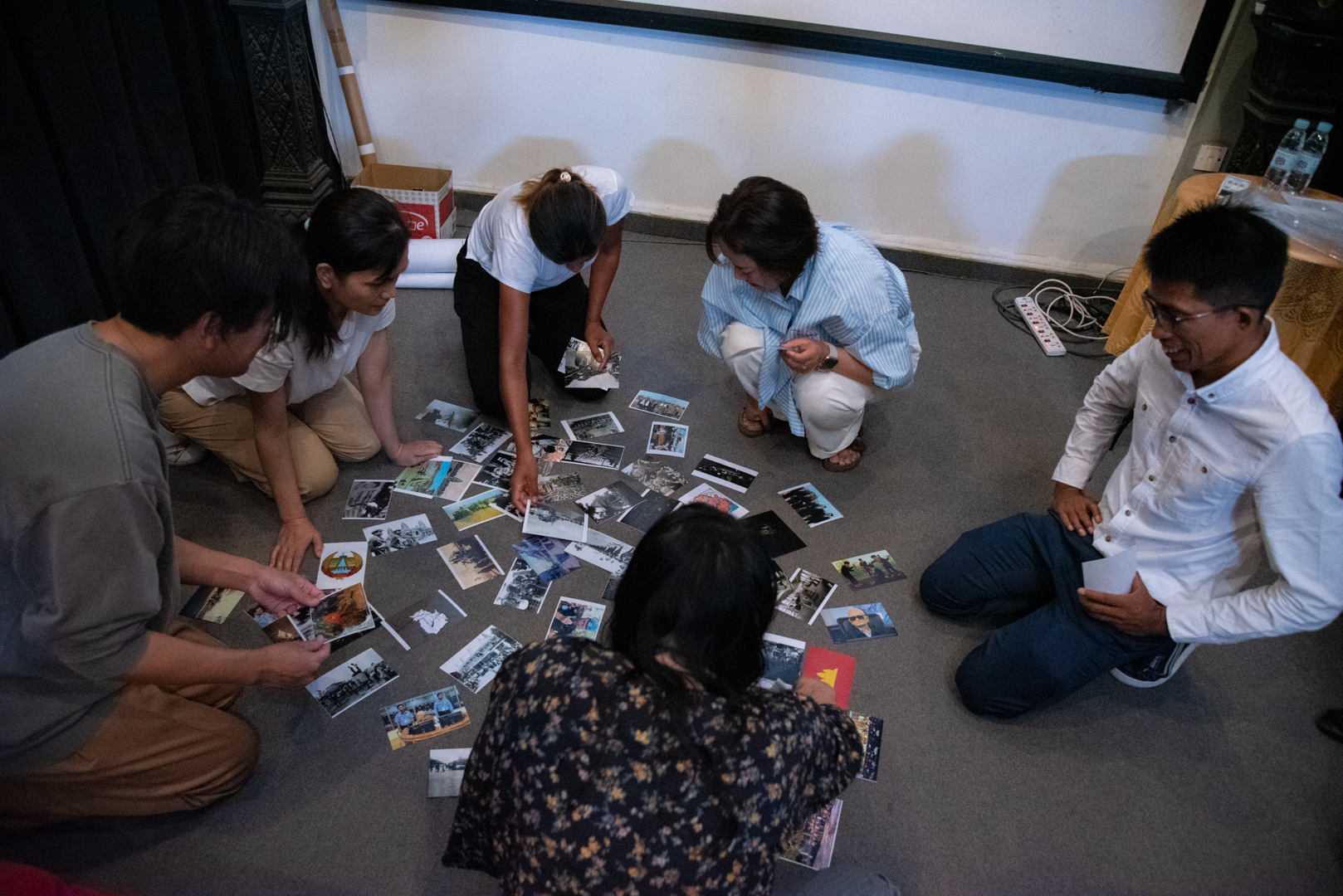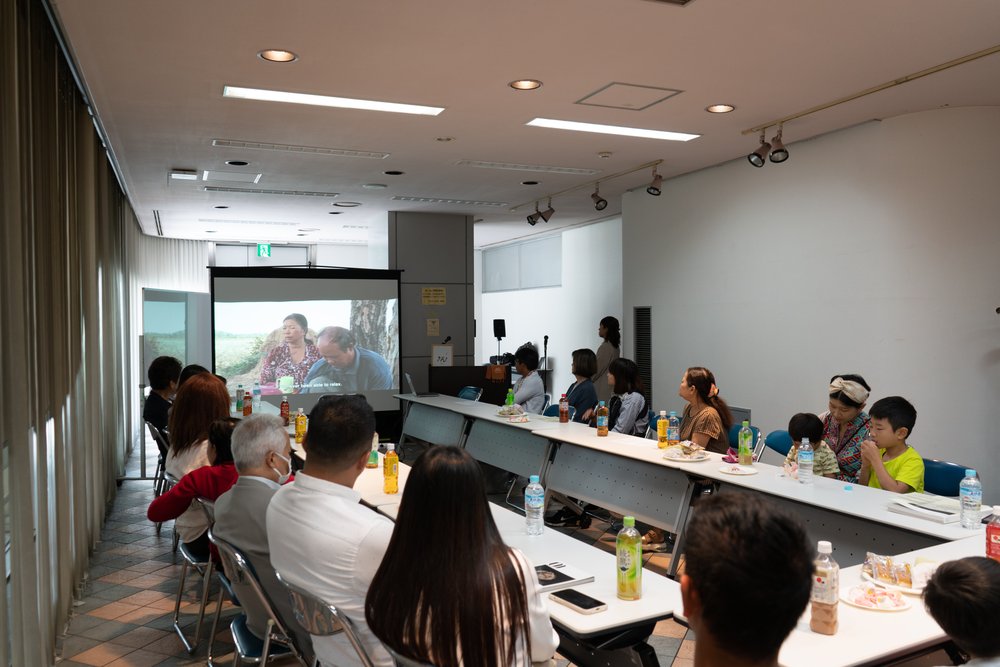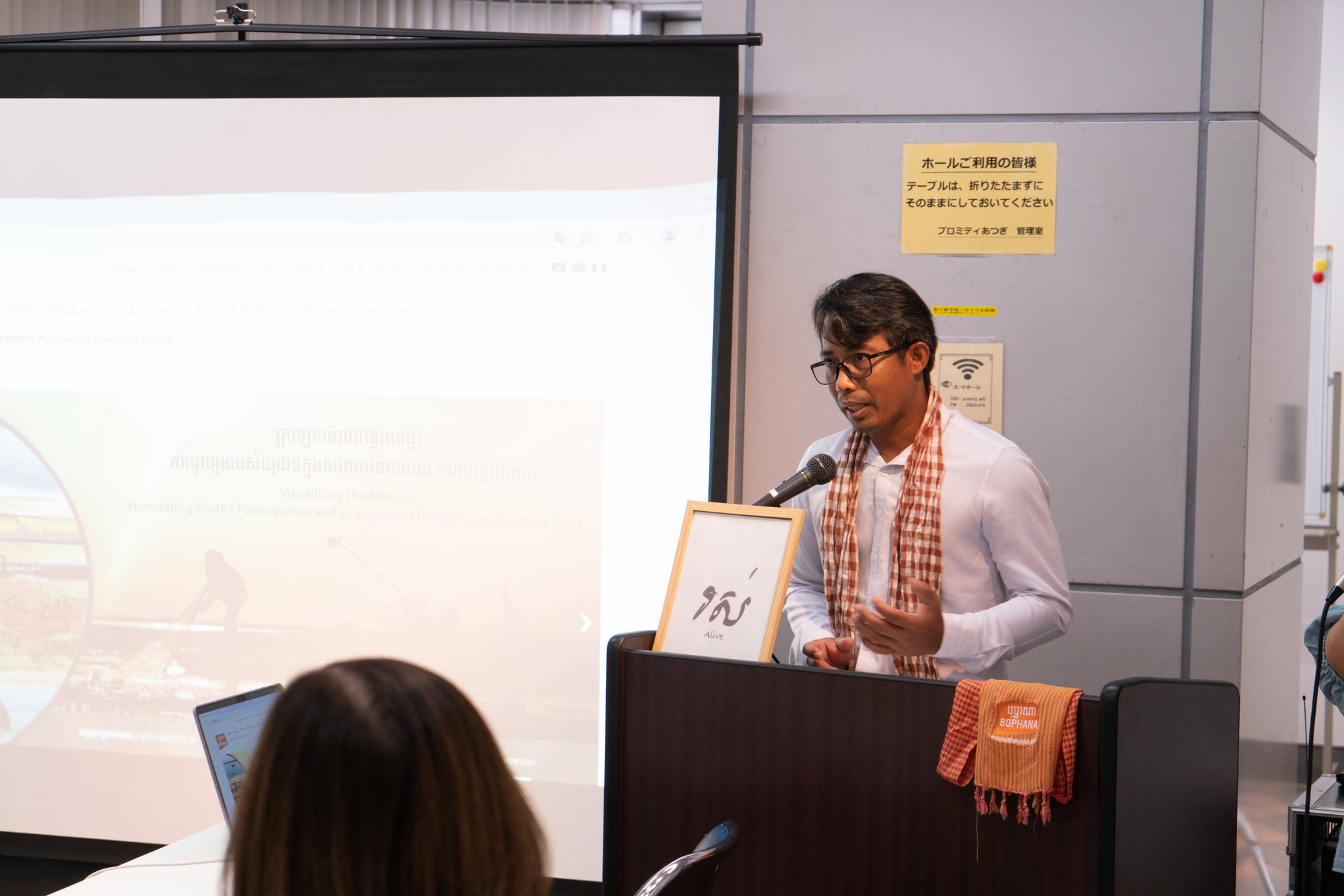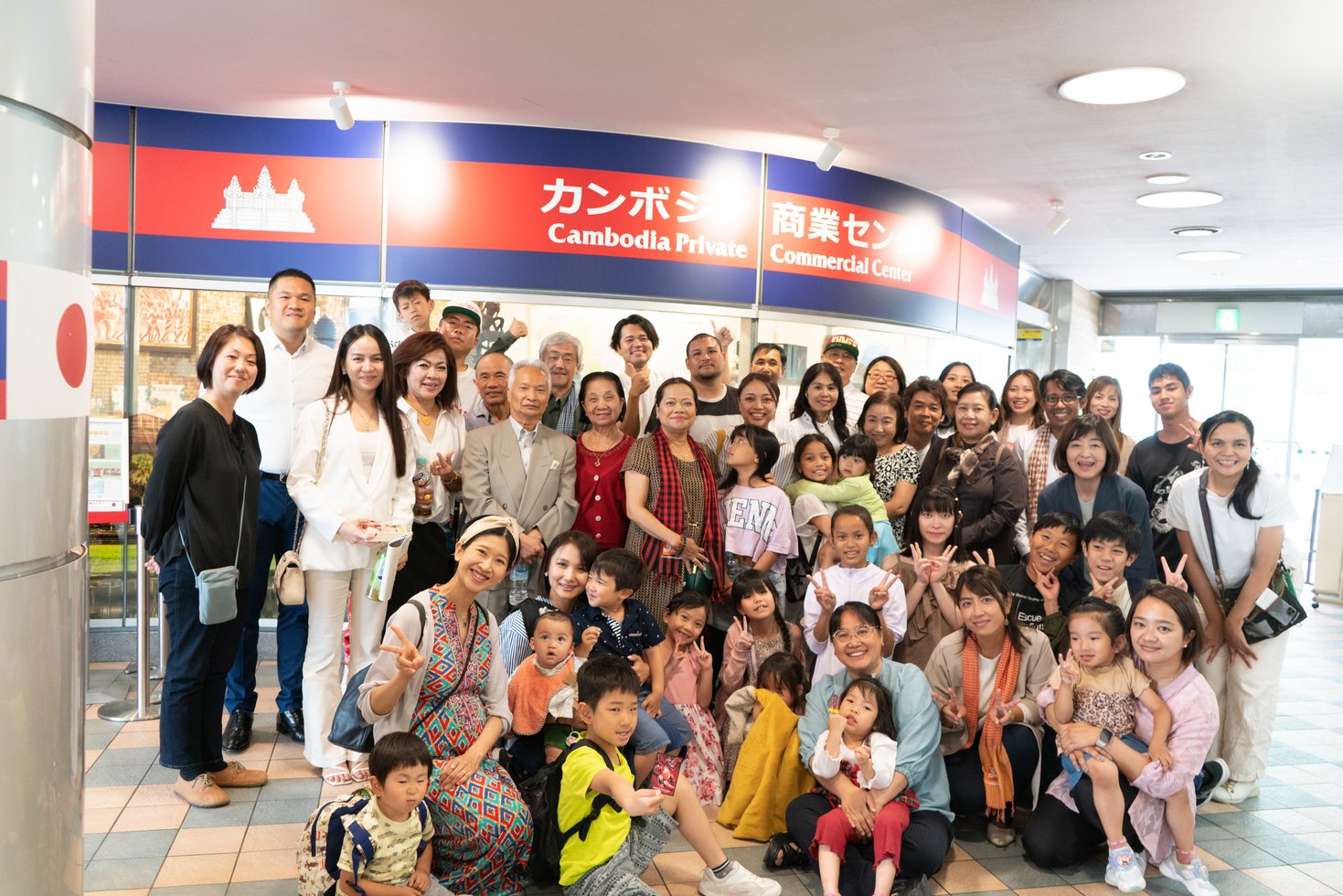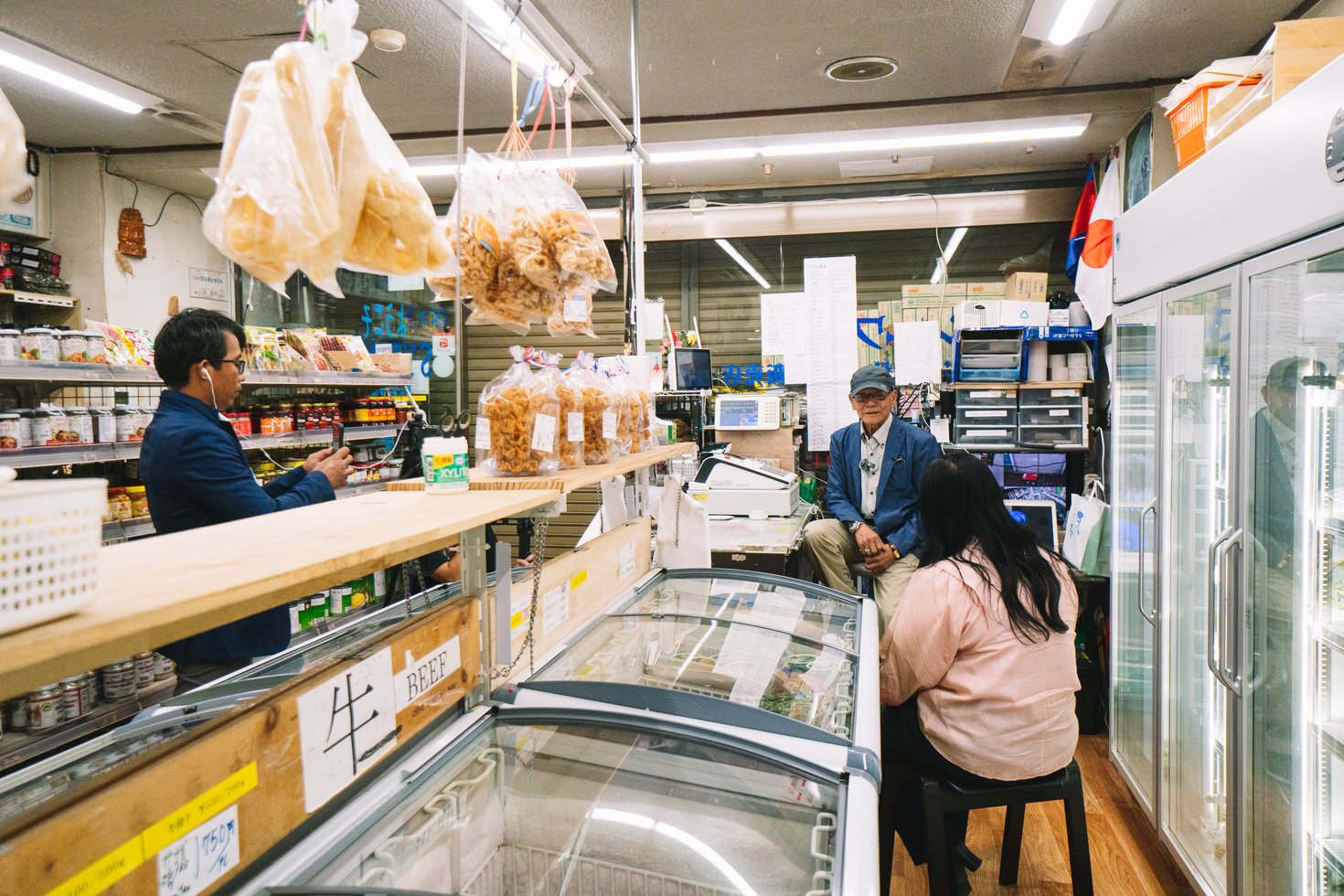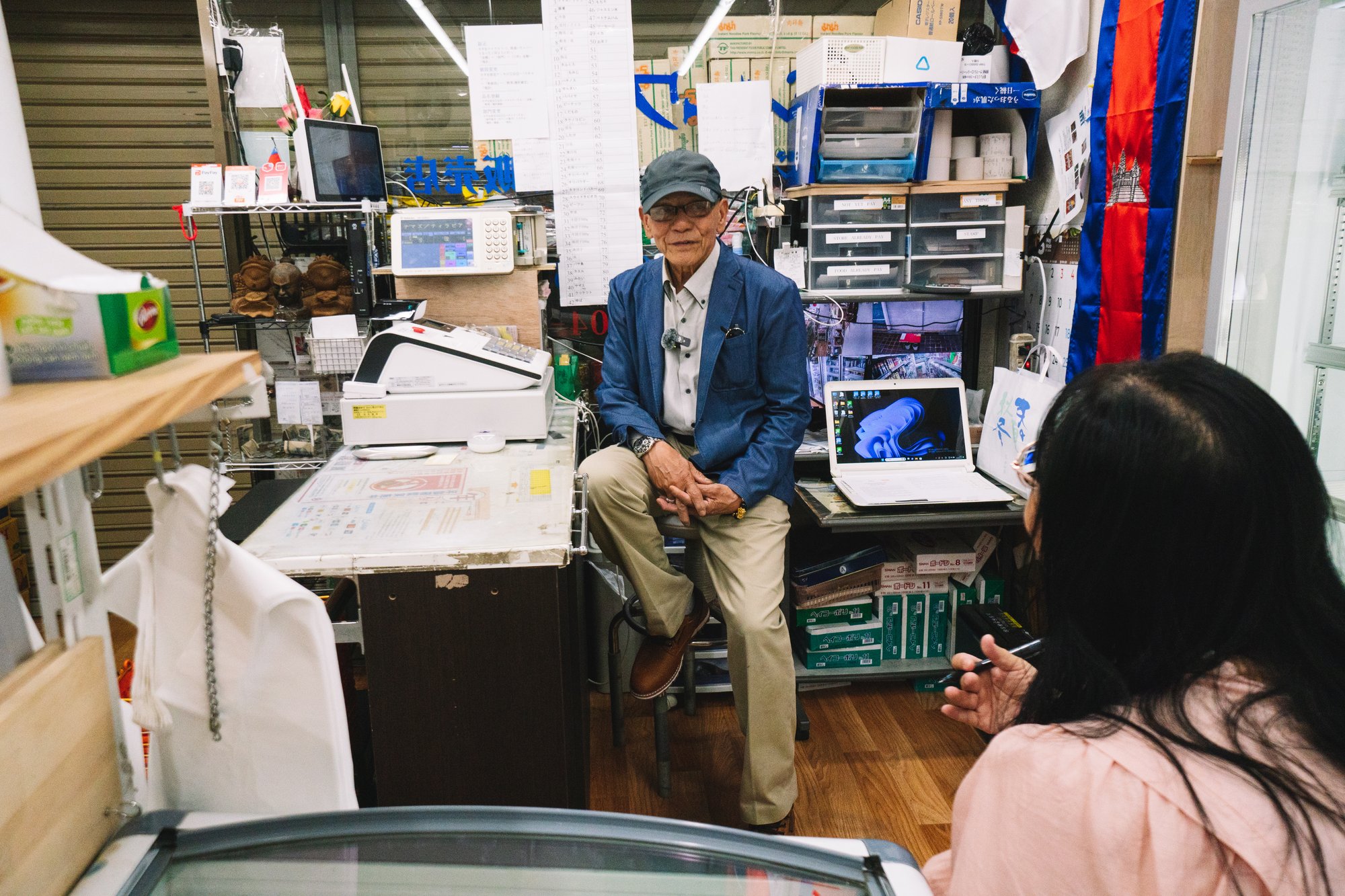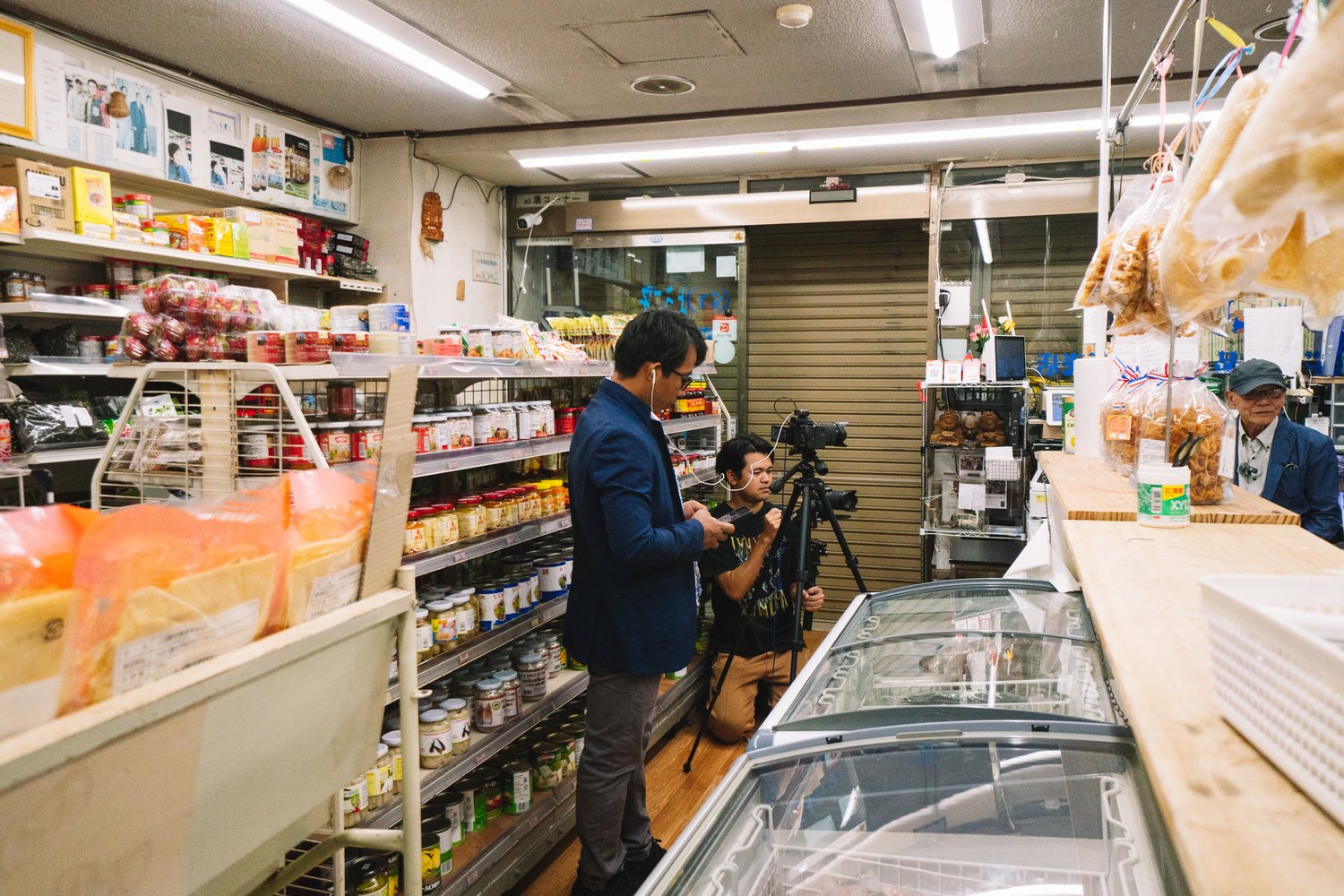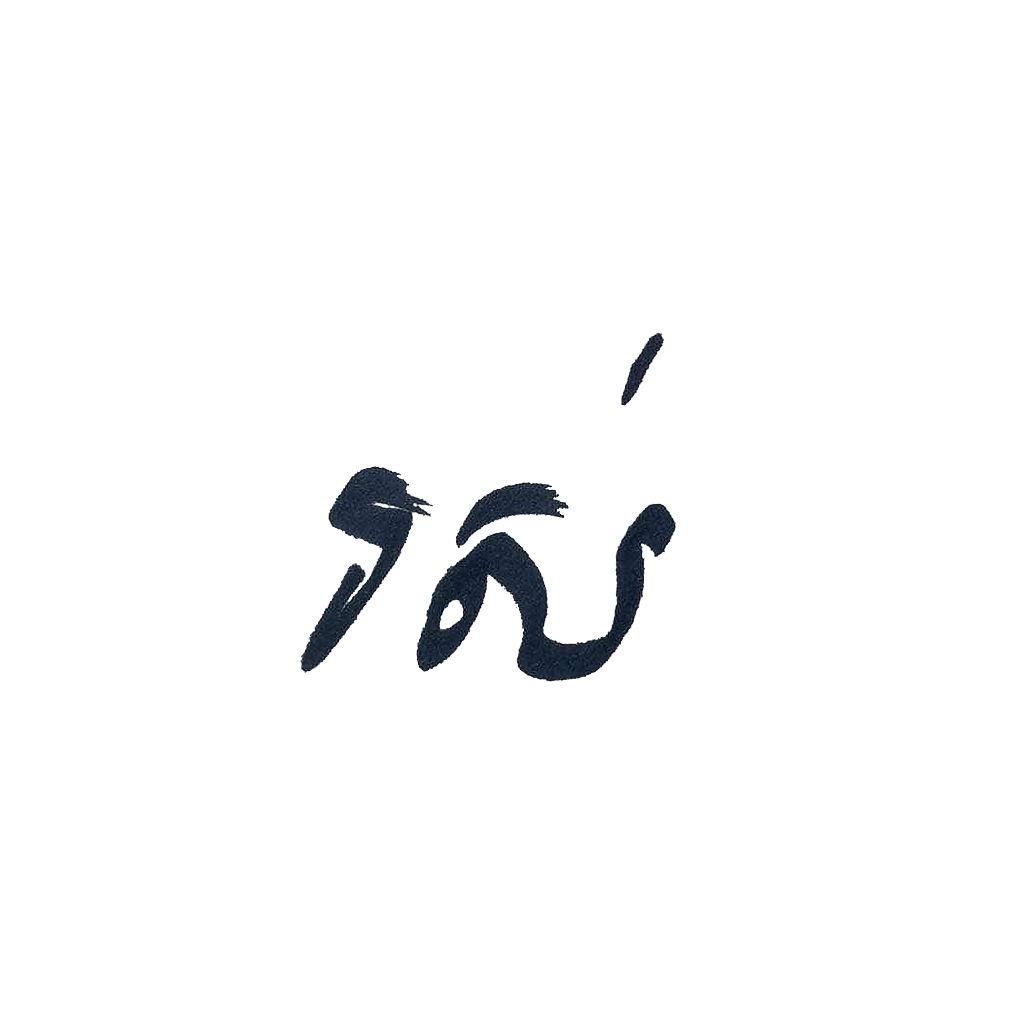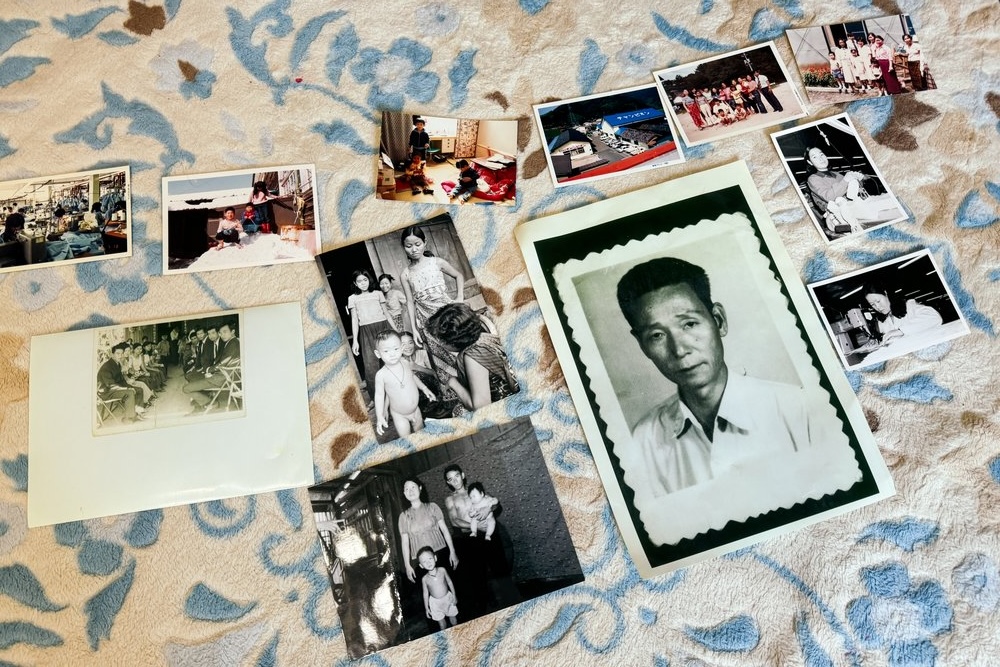
A collaborative project captures the personal histories of the Cambodian diaspora in Japan
A collaborative project captures the personal histories of the Cambodian diaspora in Japan.
May 2024 - Present
Japan
A project in Japan aims to unearth, record and share the memories of the Cambodian diaspora, with a vision to aid the healing process, teach the younger generation their histories, and create new connections across generations based on these shared community memories.
A collaborative project captures the personal histories of the Cambodian diaspora in Japan
A collaborative project captures the personal histories of the Cambodian diaspora in Japan.
May 2024 - Present
Japan
Acts of Memory is an audiovisual project that aims to capture the experiences of Cambodian survivors of the Khmer Rouge era, as told to younger Cambodian interviewers. 97 videos spanning a wide range of people and histories have been produced by Phnom Penh-based Bophana Audiovisual Resource Center to date.
In this new iteration, Acts of Memory is expanded beyond Cambodia for the first time to includeexpatriate communities in Japan. Our hope is that it will act as a catharsis for participants and encourage a deeper understanding of the experiences of survivors among both younger people with Cambodian roots in Japan, and Japanese society at large. The videos will also be accessible online for the international community at large, including people in Cambodia who may be unfamiliar with the journeys and experiences of those who left Cambodia as refugees.
Over the course of 2019-2022, Cambodian artist Kim Hak worked with Cambodian communities in Japan, interviewing them, and photographing objects that represent their journeys. The result was Alive IV, a series of exhibitions and public programmes in Japan that brought Cambodian migrants and their descendents together to transmit their culture and memories.
Through this engagement, Kim Hak’s project galvanised the diaspora in Japan. The exhibitions and public events acted as catalysts for intergenerational storytelling, with younger family members learning more about their parents and grandparents’ experiences. A voluntary organisation called Alive has emerged from the Alive IV programme, and its members are excited to embark on this next step of storytelling.
The experiences of those with Cambodian roots in Japan during and after the Khmer Rouge period may differ greatly from those who remained, but nonetheless were often traumatic. Some were studying in Japan when the Khmer Rouge regime took hold, exiled and cut off from family for years. Others emigrated after surviving the horrors of war and long periods in refugee camps.
Kim Hak says of this cohort, “Some experienced the conflict directly, some only heard rumours of it, and some found out more after the end of the regime. But all have lost family members through executions and separations. The students who were overseas lived without hearing any news from their families for several years.”
Many younger relatives of participants in Alive IV confessed to having no prior knowledge of what their grandparents and other relatives had gone through, some admitting they were aware that something bad had happened but intuited that their loved ones did not want to open up.
As involuntary expatriates and survivors of war, this generation of Cambodians have carried emotional scars that make it difficult for them to discuss their experiences. Other members of society in Japan may have little understanding of Cambodian history and culture, and many survivors felt like outsiders and were forced to make an effort to assimilate and make a new life. Even those survivors who have recognised the importance of sharing their personal narratives have lacked the opportunity and the means to do so.
Acts of Memory is a collaboration between Rei Foundation, Bophana Center and Alive. The project team will work on each part of the production, from planning to delivery and dissemination of the finished and subtitled films. The team has a range of roles and will give all participants the opportunity to discover their strengths and develop new skills. Positions include director, camera technician, liaison person, interview coordinator, interpreter, accountant and translator for the final video subtitles.
The whole project is projected to be completed in 2025. First, the project team will be assembled, and then the interviewees selected. The whole project team will receive training on modern Cambodian history to give them a strong foundation to build upon. Throughout 2024, the team will film the interviews and work on editing and translation.
The heart of this project is to create an opportunity for young people with Cambodian roots to hear the stories of the first generation of immigrants to Japan. Instead of replicating an extractive interview format that has been commonly used in the past – mainly by people who are not the members of the community the aim is to encourage the sharing of elicit feelings and memories that could only come to the surface in conversations between those who have shared roots.
In line with our values and those of the communities we work with, Rei Foundation aims to safeguard cultural heritage and knowledge systems through collaborative, community-led projects such as this one. Acts of Memory enables Cambodian migrant communities in Japan to control their own narratives supported by their peers and family. We believe that the resulting videos will continue to build confidence and connectedness in the individuals involved and more widely, within Japan’s Cambodian community.
Return to Projects




